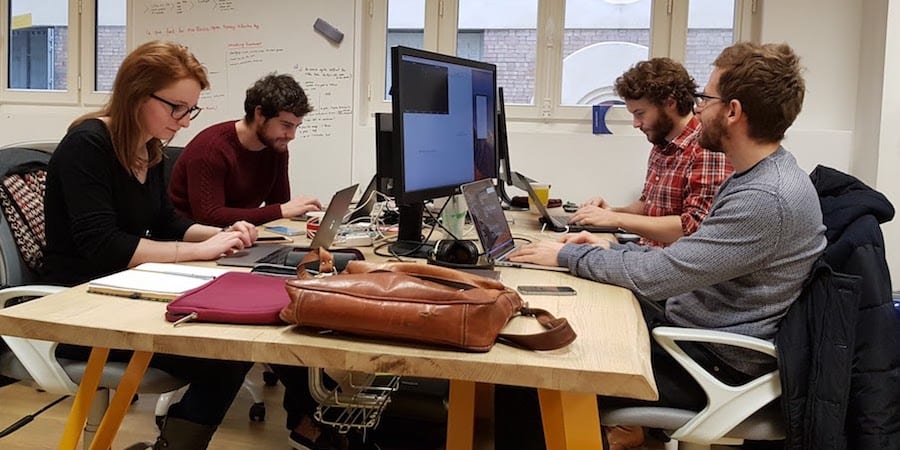
One year of Planet Lean - your favorite articles
FEATURE - Planet Lean launched exactly one year ago. Editor Roberto Priolo offers some reflections and a round-up of the most popular articles we have published to date.
Words: Roberto Priolo, Editor, Planet Lean
As unhappy as I was about my 30th last year, birthdays are joyful occasions. They are milestones, and therefore call for celebration – but they should also be a time for reflection. One year ago today, Planet Lean launched – it has been a great journey so far, so please allow me to share a few thoughts with you.
In February 2014, Lean Global Network introduced this publication to the world. There were (and still are) high hopes and great expectations around it. I can’t speak for others, but I personally think there is reason to celebrate a success: I am thrilled with how Planet Lean has been received by the lean community, and have received very positive feedback from readers and lean experts.
With the aim to provide a platform for LGN institutes and thinkers to share their stories and knowledge while becoming a globally recognized source of information for lean practitioners and leaders, in just one year Planet Lean has been able to publish stories from all over the world, Melbourne to São Paulo, Rotterdam to Shanghai. We have run some 130 articles, between interviews, columns, research papers, case studies, and substantive articles.
We have featured around 40 organizations operating in pretty much every sector of the economy (from Toyota to Washington State, Nike to LEGO, and then bakeries and hospitals, forensic institutes and start-ups).
We know there is room for improvement (isn’t there always?) and look forward to better our coverage of lean thinking and practice around the world. But let me take this opportunity to share some of the new things we are preparing for you…
In the next few months, we will introduce new columns and a new case study format. We will also have more videos and increase our coverage of lean IT and the start-up community. Finally, building on reader’s feedback, we will share more information on how to overcome specific lean challenges.
I want to thank my Lean Global Network colleagues and editorial board for their support, all the contributors for taking the time to share their stories and knowledge with Planet Lean, and – of course – the readers for trusting us enough to let us help them on their lean journeys.
So, here are some of the best articles we have published to date, in case you have missed them.
Most read
- How Nike Technology developed a successful obeya room, by Fred Mathjissen
- A guide to practical hoshin kanri, by Wiebe Nijdam
- Traditional management has failed. The only alternative to command and control is lean management, based on respect for people, by Michael Ballé
Most engagement from readers
- A mother’s moving account of how TWI helped her autistic son to perform daily tasks with confidence, by Nienke van Berkum
- Lean Management Instituut’s financial controller on why she will embrace lean accounting principles, by Sylvia Mughal
- Implementing lean across different countries: why national cultures don’t matter, by Torbjorn Netland
Editor’s choice
- Fighting waste to the death: simple improvements with a great impact, in a gemba you don’t expect, by Ignasi Galtes
- Making a city great: the pioneering lean implementation at the City of Melbourne in Australia, by Denise Bennett
I look forward to sharing more lean insights and engage more with our audience in the coming months. And please, do share your feedback with us – we really do value it! (You can reach me at editor@planet-lean.com)
Till next year…
Read more


FEATURE – Pure and simple management by indicators can be a trap leading us to make decisions that are inconsistent with the real needs of a company. The balance between facts and data is key.


FEATURE – How does visual thinking practically help an organization? The author discusses three different ways in which it can be used to benefit a business and help it to improve itself.


BUILDING BRIDGES – In this new series, people from startup studio M33 discuss their relationship with lean thinking and how the methodology helps them in their daily work.


FEATURE – Reflecting on some of the work he’s recently observed, the author discusses what lean thinking teaches us about making life easier for the value creators in our organizations.

